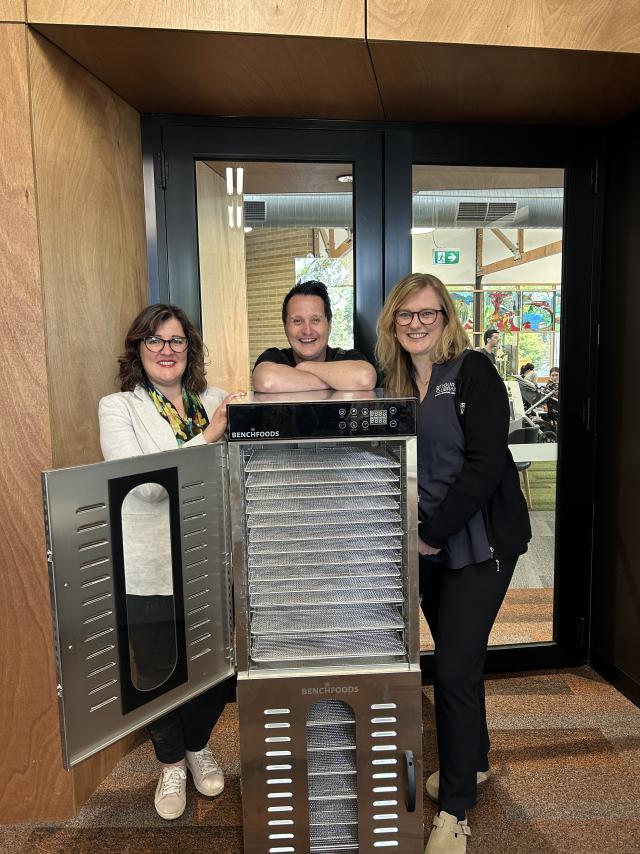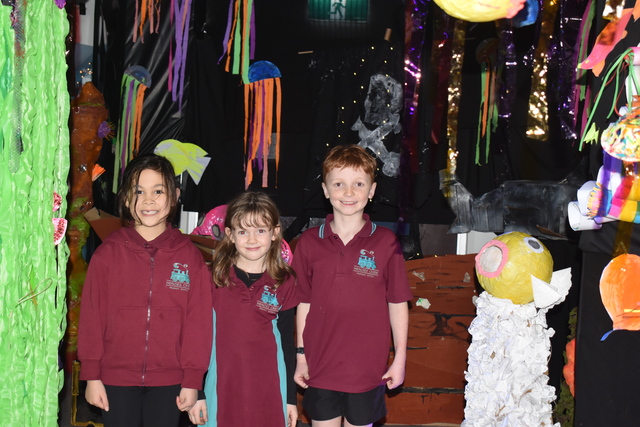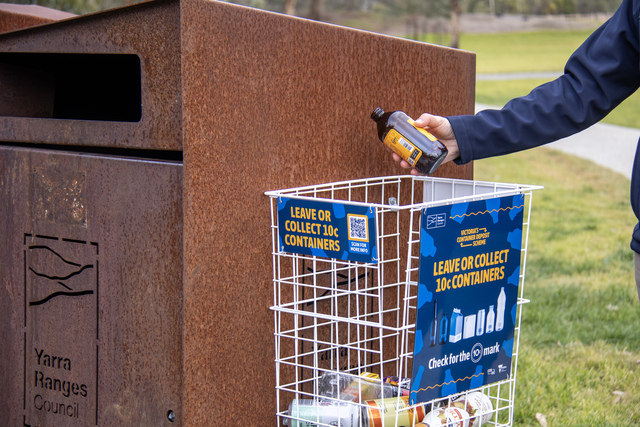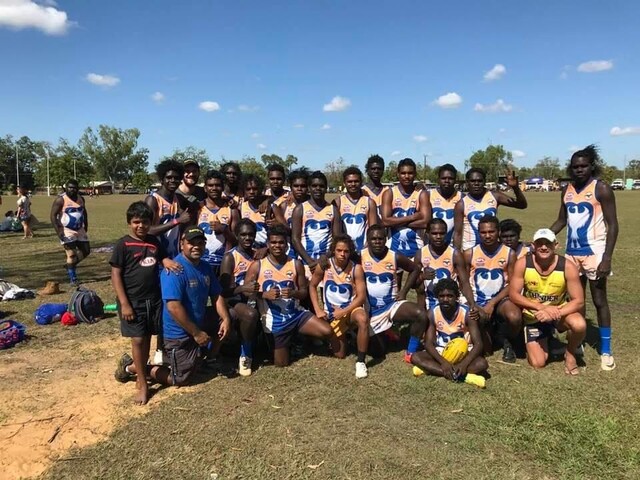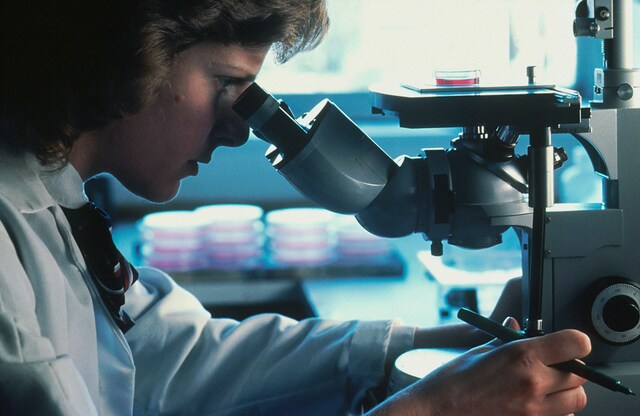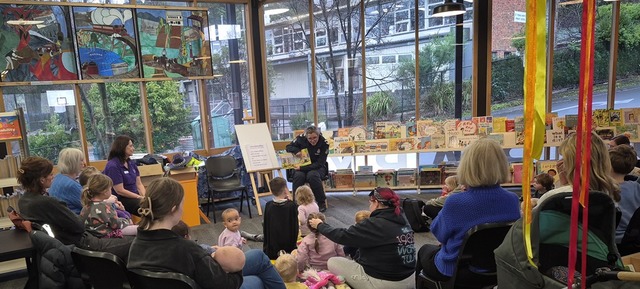The team at Belgrave Library and The Philanthropic Collective have teamed up to help locals learn how to put their end of life produce to good use.
With the help of facilitator Rachel from Bush Edge Homesteading Australia, library staff member Jasmine Molders has organised food dehydrator workshops to help attendees turn produce into tasty snacks.
Ms Molders said the first workshop, set to be held on Saturday 28 October, has already been booked out.
“The thing that really attracted me to it is it gives excess produce just one more chance at being consumed before it goes to waste – in a healthy way,” Ms Molders said.
“In 2020, I was the beneficiary of a food box. We were getting some support because my husband was diagnosed with a serious illness and then he was retrenched so we needed a bit of support.
“We evolved that relationship into me taking compost each week [because] we wanted to divert that away from landfill, and the idea was to put that into the Belgrave Food Garden; a lot of it also ended up in my home compost systems.”
The Philanthropic Collective has loaned a 36-shelf commercial dehydrator to the library, and is donating surplus fruits from its Free Food Program for the workshops, including apples and bananas.
“We want people to pivot the way they consider end-of-life projects,” Philanthropic Collective event director Andrew Fillip-Gautier said.
“You’ve got produce; ‘what do I do with it?’ ‘I can turn it into something else.’
“Bananas can become healthy banana chips for kids without any preservatives.”
Mr Fillip-Gautier also said participants can take their skills during the workshops back into their homes by purchasing small dehydrators for personal use, with solar dehydrators also available to the public.
“The location is accessible, the workshops are accessible and even the produce is accessible, so it’s a win-win-win all round,” he said.
“One of the really exciting things for us has always been growing things organically within the community.
“We don’t know yet where those light bulb moments are going to go on within participants in the workshop, but the hope is that they will then take that away and want to keep dehydrating; they may want to run their own workshops.”
The library is planning to hold further workshops, with a waiting list for the next event already three quarters full.
“We’re looking forward to doing all sorts of other things; you could do fruit roll ups, you can make a fruit puree; fantastic berries that are about to go off, blend them up, spread it out like a paste on baking paper and roll it up,” Ms Molders said.
“You can dry herbs and make teas or dried herbs for cooking.”
Dates and times of future workshops are still yet to be decided.
“We all want to feel empowered in some way to do something that negates waste, so I think that ignites things inside people to want to do something because then they are playing their part,” Mr Fillip-Gautier said.

